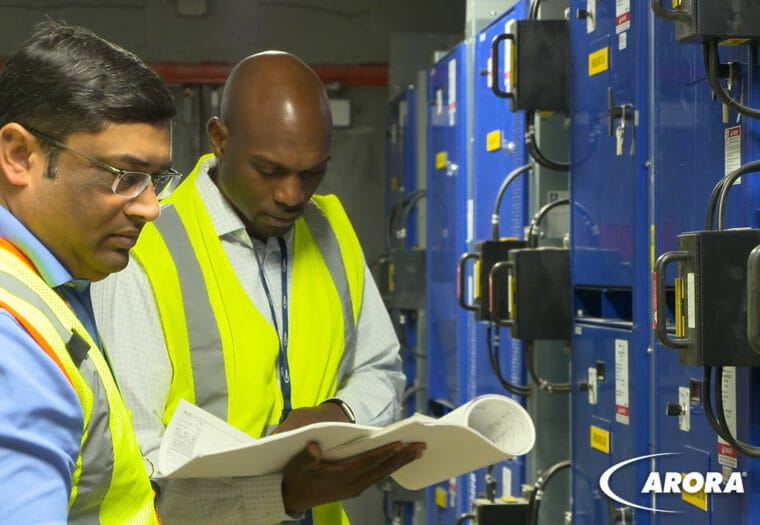News | Oct 18, 2018 | Arora
Electrical Switch: Understanding the Complexity of Adopting New Codes
By: James Burris, PE
As an engineer, one of your key responsibilities is to know and understand the national, state, and local codes and incorporate them properly into your design. That becomes challenging when jurisdictions recognize building codes that are years and sometimes decades behind the most current versions available. It becomes even more challenging when states and their major cities differ in the building codes that they enforce. This has become the case with the adoption of new electrical codes in both Pennsylvania and Philadelphia this year.
Pennsylvania has finally moved from the 2009 International Building Code (IBC) and the 2008 National Electrical Code (NEC), and has adopted the 2015 IBC (with amendments as developed by the Uniform Construction Code [UCC] Review and Advisory Board). The adoption of the 2015 IBC therefore adopts the 2014 NEC throughout Pennsylvania. All changes went into effect on October 1, 2018.
Here’s the Twist:
- Philadelphia was permitted to adopt the 2018 IBC into law, along with the 2017 NEC.
- The 2015 International Residential Code (IRC), not the 2018 IRC, is enforced in Philadelphia.
What You Need to Know:
- If you are designing a non-residential (i.e. commercial) project in Philadelphia, the electrical design must comply with the 2017 NEC.
- If you are designing a residential project (as defined by the UCC) in Philadelphia, the electrical design must comply with the requirements of the 2015 IRC/2014 NEC.
- If you are designing a project anywhere else in Pennsylvania, the electrical design must comply with the 2014 NEC for commercial projects and the 2015 IRC for residential projects.
The moral of the story: you must be very aware of where your project is located, what the classification of the occupancy is, and what electrical codes and requirements apply when starting the design process.
Philadelphia’s Department of Licenses and Inspections (L&I) has issued Code Bulletin B-1801 to address the new codes and policies, as well as provide information about their grace period for submitting plans and which code(s) will be used to perform the required plan review to receive a construction permit. After April 1, 2019, all plans submitted to L&I must meet the 2018 IBC/2017 NEC/2015 IRC requirements.



